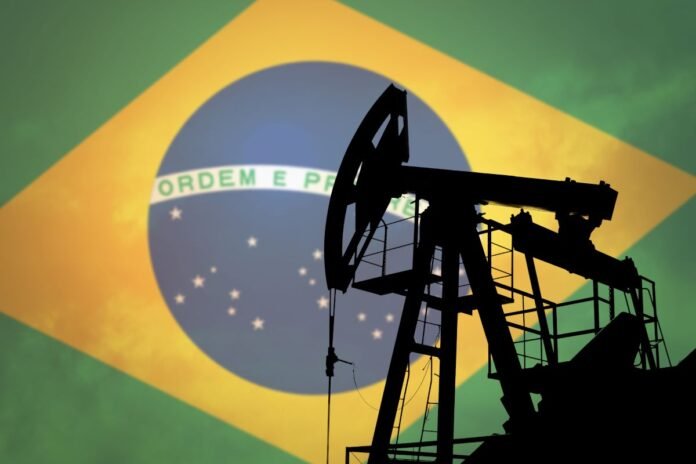Staff Reporter
Brazil’s government announced on Tuesday its approval to join OPEC+, the coalition of major oil-exporting nations. This decision marks Brazil’s transformation into a key player in the global oil market, just nine months before it hosts the United Nations’ annual climate summit.
The National Council for Energy Policy granted this approval following an official invitation received in 2023. OPEC+ comprises the 12 members of OPEC, an organization established to coordinate oil production and stabilize markets, alongside 10 additional influential oil-producing nations, with Russia being the largest.
Mines and Energy Minister Alexandre Silveira emphasized at a news conference that while Brazil will collaborate with OPEC nations, it will not face any binding obligations, such as production cuts.
Mines and Energy Minister Alexandre Silveira described OPEC+ as “a forum for discussing strategies among oil-producing countries,” asserting that Brazil should embrace its role as an oil producer. “Brazil needs to grow, develop, and create income and jobs,” he stated, highlighting the country’s economic ambitions.
President Luiz Inácio Lula da Silva, who began his third term in 2023 as an advocate for environmental protection, has focused on reducing deforestation in the Amazon rainforest and safeguarding Indigenous rights.
However, he also contends that new oil revenues could facilitate a shift towards green energy.
Recently, Lula has urged Brazil’s environmental regulator to permit exploratory drilling near the Amazon River’s mouth, a region renowned for its biodiversity.
Brazil ranks as the world’s seventh-largest oil producer, generating approximately 4.3 million barrels daily—accounting for 4% of global output, according to the U.S. Energy Information Administration. In 2024, crude oil emerged as Brazil’s leading export, representing 13.3% of the country’s foreign sales, surpassing soy.
The United States leads global oil production with nearly 22 million barrels daily, followed by Saudi Arabia, OPEC’s largest producer, at about 11 million barrels.
Lula’s push for increased oil production faces scrutiny as Brazil prepares to host the UN climate summit, COP30, in November. A key focus of these climate talks is reducing fossil fuel consumption, which contributes to greenhouse gas emissions and climate change.

